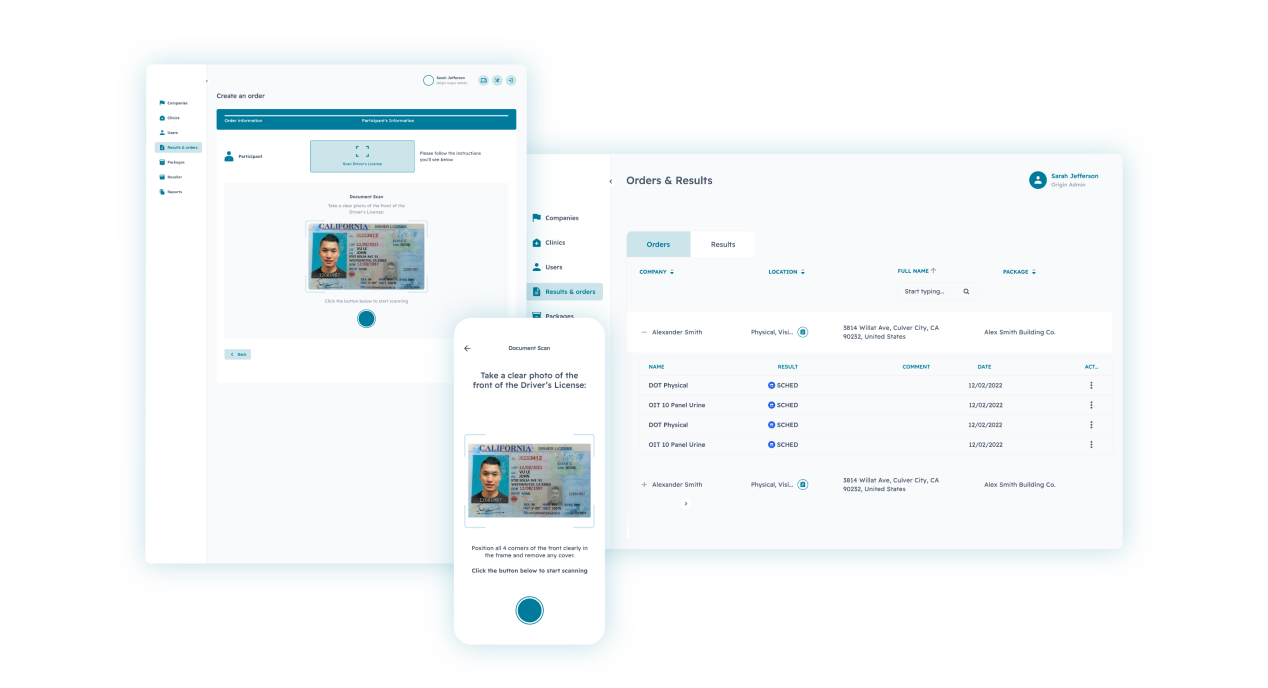Phencyclidine (PCP)
Slang Term(s): Angel dust, angel hair, angel poke, dust, embalming fluid, fry, flake hog, whack, rocket fuel, squeeze, mist, horse tranq, animal tranq, elephant tranq, tranqs, squeeze, surfer, cyclones, soma, illy, oxone, zoot, peace pill, scuffle, Cadillac, CJ, KJ, TIC, TAC, PCP, amp, hydro, sherm, haze, dank, goon, sherm, super weed, killer weed, elephant, zombie, embalming fluid, hog, pce, tcp, rocket fuel, ka-pow, beam me up Scotty.
Screening Cut-off in Urine: 25 ng/mL

Drug Information:
Phencyclidine, also known as PCP or Angel Dust, is a hallucinogen that was first marketed as a surgical anesthetic in the 1950’s. It was removed from the market because patients receiving it became delirious and experienced hallucinations. Phencyclidine is used in powder, capsule, and tablet form. The powder is either snorted or smoked after mixing it with marijuana or vegetable matter.
Phencyclidine is most commonly administered by inhalation but can be used intravenously, intra-nasally, and orally. After low doses, the user thinks and acts swiftly and experiences mood swings from euphoria to depression. Self-injurious behavior is one of the devastating effects of Phencyclidine.
PCP can be found in urine within 4 to 6 hours after use and will remain in urine for 7 to 14 days, depending on factors such as metabolic rate, user’s age, weight, activity, and diet.5 Phencyclidine is excreted in the urine as an unchanged drug (4% to 19%) and conjugated metabolites (25% to 30%).
Experience the future: See a live demo today!
Schedule a demo today and see how we can transform your workforce.
